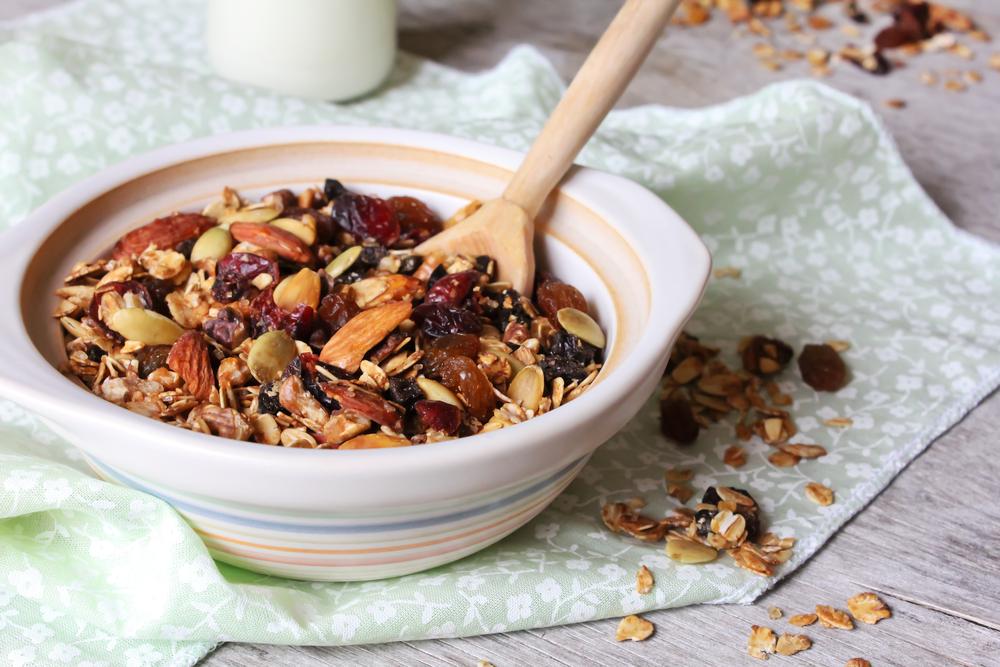
Superfoods to Help High Cholesterol
Cholesterol is a lipid-like element that human bodies secrete to assist in the production of fat digestive juices, hormones, and vitamins D. A healthy person contains two types of cholesterol:
harmful Low-density lipoprotein (LDL) and healthy high-density lipoprotein (HDL). Excess amounts of LDL cholesterol in blood results in fatty deposits in vessels, which makes them narrow. Chest pain, stroke, and heart attack are some symptoms of excess cholesterol.
Read on to learn about superfoods that can avert complications from high cholesterol:
1. Avocados
These fruits are rich in fiber and fatty acids required for enhancing cholesterol breakdown. The nutrients also improve heart health by increasing HDL production while suppressing the secretion of LDL. Different studies indicate that you can substitute other types of fats with avocados to attain better health.
2. Nuts
Several types of nuts are rich in fiber, cholesterol-lowering fats, and a variety of minerals associated with improving heart health. For instance, walnuts have a high supply of plant-based omega-3 fatty acids required to eliminate LDL. Other nuts such as almonds are rich in amino acids (L-arginine) that you need to produce nitric oxide used in the regulation of blood pressure. Some nuts also supply phytosterols, which are plant-based compounds that resemble healthy cholesterol. Phytosterols dupe the body that it has large amounts of cholesterol so that the intestines can stop absorbing the element. Many nut varieties are rich in potassium, calcium, and magnesium that reduce the risk of heart disease by lowering blood pressure. Overall, daily consumption of nuts reduces your vulnerability to heart disease by 28%
3. Fatty fish
Fatty fish are a rich source of omega-3 fatty acids that lowers people’s risk of stroke and heart disease. Mackerel and salmon are some of the best omega-3 fatty acids sources. Long-chain omega-3 improves heart health by increasing the production HDL. The element also reduces your risk of stroke and inflammation. Various scientific studies indicate that if you eat non-fried fish, you are unlikely to suffer from metabolic syndromes such as high blood pressure and reduced production of HDL. For you to benefit from the fatty fish nutrients, you would need to stew or steam the meat. Friend fatty fish increases your risk of heart diseases.
4. Oats
Oats is an edible whole grain that is rich in beta-glucan (a soluble fiber renowned for suppressing cholesterol). Regular consumption of oats decreases LDL concentration by 7%, which means you are less likely to suffer from heart disease. The more variety of whole grains you can eat daily, the better you become in combating infections.
5. Legumes
Beans, lentils, and peas belong to a class of food collectively known as legumes. This food category reduces LDL and increases the supply of healthy plant-based proteins. Besides, legumes give you lots of proteins, fiber, and minerals that lower your vulnerability to heart disease.
7. Fruits and berries
These fruits have an abundant supply of pectin (a soluble fiber that reduces cholesterol concentration). Also, the fruits contain large amounts of antioxidants and fiber, reducing the liver’s production of cholesterol. Some of the main fruits that will provide you with a plentiful supply of pectin nutrients include strawberries, apples, citrus fruits, and grapes.
Try to include lots of superfoods in your daily diet program to avert the complications from high cholesterol, such as heart attack and high blood pressure.


